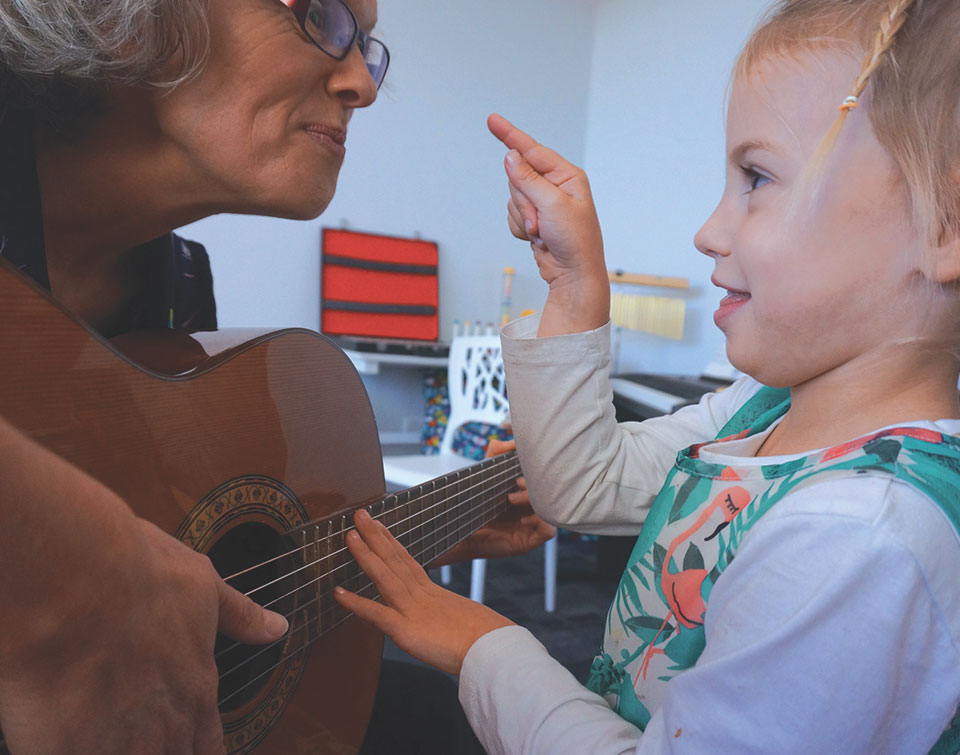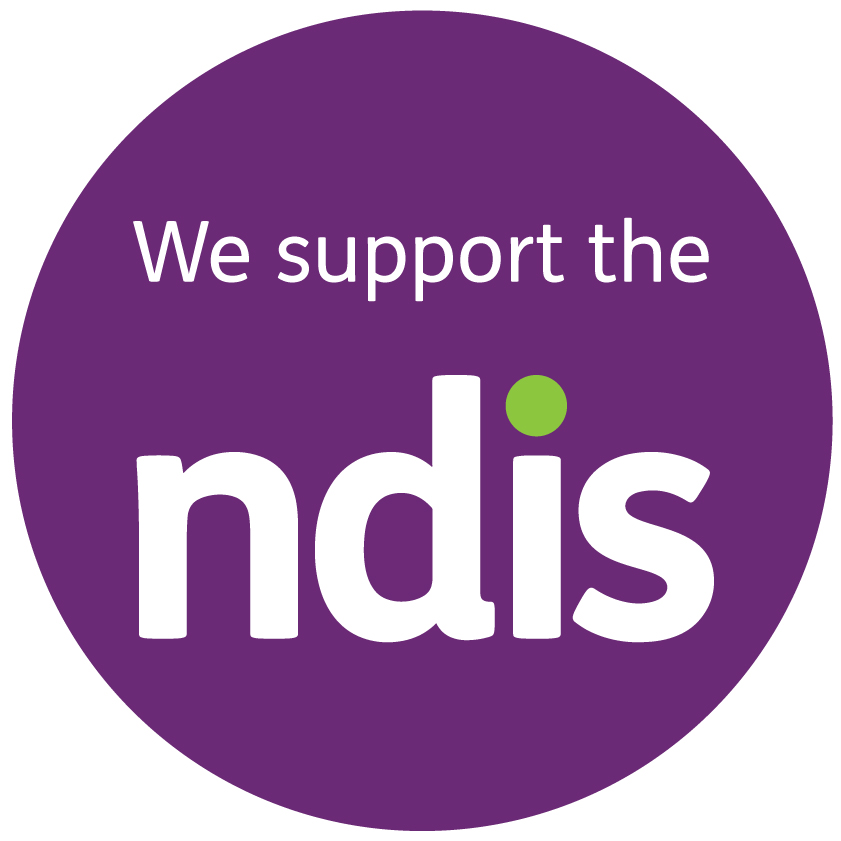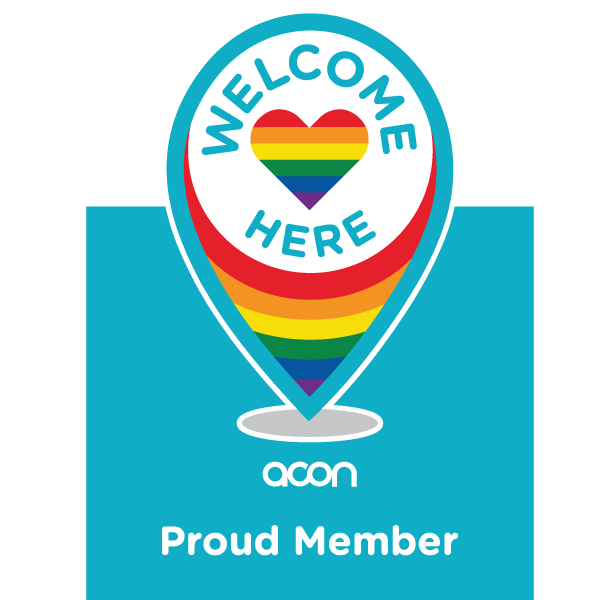HOW CAN MUSIC THERAPY HELP?
Music Therapy and Autism
Relationship building can be challenging for people with autism and often attempts by others to socially connect are rejected or ignored. People with autism will often show interest in music and musical instruments and this can provide the initial engagement and point of contact in music therapy. From there a meaningful relationship can develop and music therapy can be used to work on many different goals.
Social skills – Many social skills can be encouraged and practiced during music therapy. These may include eye contact, sharing, listening, responding, turn taking, being listened to, following instructions, seeking interactions, and leading interactions. Music is a social activity and expressing yourself through music allows for connection with others.
Communication – both verbal and non-verbal communication can be practiced and developed through music therapy. The music therapist can respond to behaviours in a communicative way, usually through improvised music, that is guided by the person’s actions and vocalisations. Although it may take time, the person with autism will start to recognise the connections between their own actions and the music, and in turn the communicative relationship being formed with the therapist. The awareness of this ‘cause and effect’ relationship is the beginning of a connection that can then be developed to work on more complex communication skills.
Sensory Integration – Music provides lots of sensory input. Obviously there is the sound of the music which provides auditory stimulation, but there is also the feel and look of the instruments being used, which provides visual and tactile input. The ordering of auditory stimuli in music can help organise and make sense of the sounds being heard. The structured, predictable nature of music can be used to help people with autism with sensory integration.


Music Therapy and Dementia
It’s important to stress that while there may be benefits to listening to a music performance, our approach is different. Music therapists interact closely with the clients and work with their care givers to help them reach specific goals. Music therapy offers a space in which meaningful connections and interactions can be made, enhancing relationships and improving quality of life.
Music Therapy and Disability
Benefits from music therapy for people with disabilities can include:
- An increase in fine and gross motor function
- Improvements in communication, verbal and non-verbal
- Improved muscle strength
- The opportunity to relax in a controlled environment
- Self-expression and social interaction, particularly in groups
- Improvements in confidence, self-worth and independence.
Music therapy sessions take different approaches depending on the person and the goals. In individual sessions they’re tailored to the client while in groups we retain a spontaneous approach but always have specific goals in mind, depending on the needs and type of the group.
Musical instruments can help with non-verbal communication; they can help build hand grasp strength; and can help to give the individual a sense of place and worth within a group or in an individual session. Singing can help with breathing control, learning speech and with pronunciation while song-writing encourages self expression and can lead to sharing experiences and thoughts.


Music Therapy and Child Development
Different children develop at different rates, and some may have more challenges than others. For children with a medical diagnosis, or delayed development due to a known or unknown reason, their development may follow an unexpected path.
All children, regardless of the challenges, benefit from support in their development. It has been shown that children that are read to from birth benefit, children that are loved and nurtured benefit, and children that have healthy diets benefit.
It has also been shown that children who participate in music benefit.
So how does music support a child’s development?
Physical skills, gross and fine motor – through movement to music, dancing, action songs and playing instruments.
Communication Skills, verbal and non-verbal – through instrument playing, vocalising, and singing.
Social skills, eye contact, interacting with others, turn taking, sharing, listening, following, leading – through musical activities, instrument playing, vocalising and singing.
Cognitive or thinking skills, staying on task, attention, problem solving, learning new concepts – through participation in engaging activities, practicing specific musical tasks and activities that require focus, concentration and memory.
Learning skills, concepts, literacy, numeracy – through musical activities and songs that enhance memory, and repetition of concepts, words and numbers in a musical sequence.
Music Therapy and Communication
For those who are non-verbal, music can provide a communication tool through instruments and sounds. In music therapy this is supported and facilitated by the music therapist through improvisation and providing access to familiar music and positive musical experiences. Communication skills such as learning to listen and respond, to present new ideas, to echo someone else’s ideas, to express your emotions, to question, to understand another’s perspective, to feel heard and understood, all these can be practiced and developed in music therapy.
Vocalising and singing can provide another avenue for those who can vocalise or are verbal. Both improvised and familiar music is used to find the best means of communication. This may be used just in that moment, or something that is then worked on over a period of time to create music that can be shared with others.
For those still learning to speak or struggling with certain aspects of their speech, they can use music therapy to work on producing specific sounds, words and phrases. The music therapist can use both familiar and original songs to help practice sounds, and to learn how to use words and phrases appropriately. In these cases, the music therapist would usually collaborate with your speech therapist to ensure an integrated approach.
Song writing is another powerful tool for those wanting to express themselves using words, which is supported and facilitated by the music therapist.


Music Therapy for Wellness
There are many ways that we can use music in our everyday lives to help with stress and improve our mental health. Being aware of the music and sounds we are listening to and making conscious choices about our auditory environment can bring positive effects. Being actively involved in music making and expressing ourselves through music can also promote good mental health and wellness.
At Newcastle Music & Art Therapy, we’re all about creating a space where everyone feels welcome and valued. We are a neuroaffirming practice, proudly support people with disabilities, LGBTQIA+ folks, and Indigenous peoples.
It’s important to us that everyone feels included, heard and seen. We’re here to break down barriers, celebrate our differences, and make sure everyone can be themselves and shine.

Newcastle Music & Art Therapy operates on Awabakal country. We acknowledge the Awabakal people as the traditional custodians of the Warners Bay region and pay our respects to Awabakal elders past and present.
We are committed to a positive future for the Aboriginal community.

Get In Touch
Our Address
16/363 Hillsborough Road
Warners Bay NSW 2282
